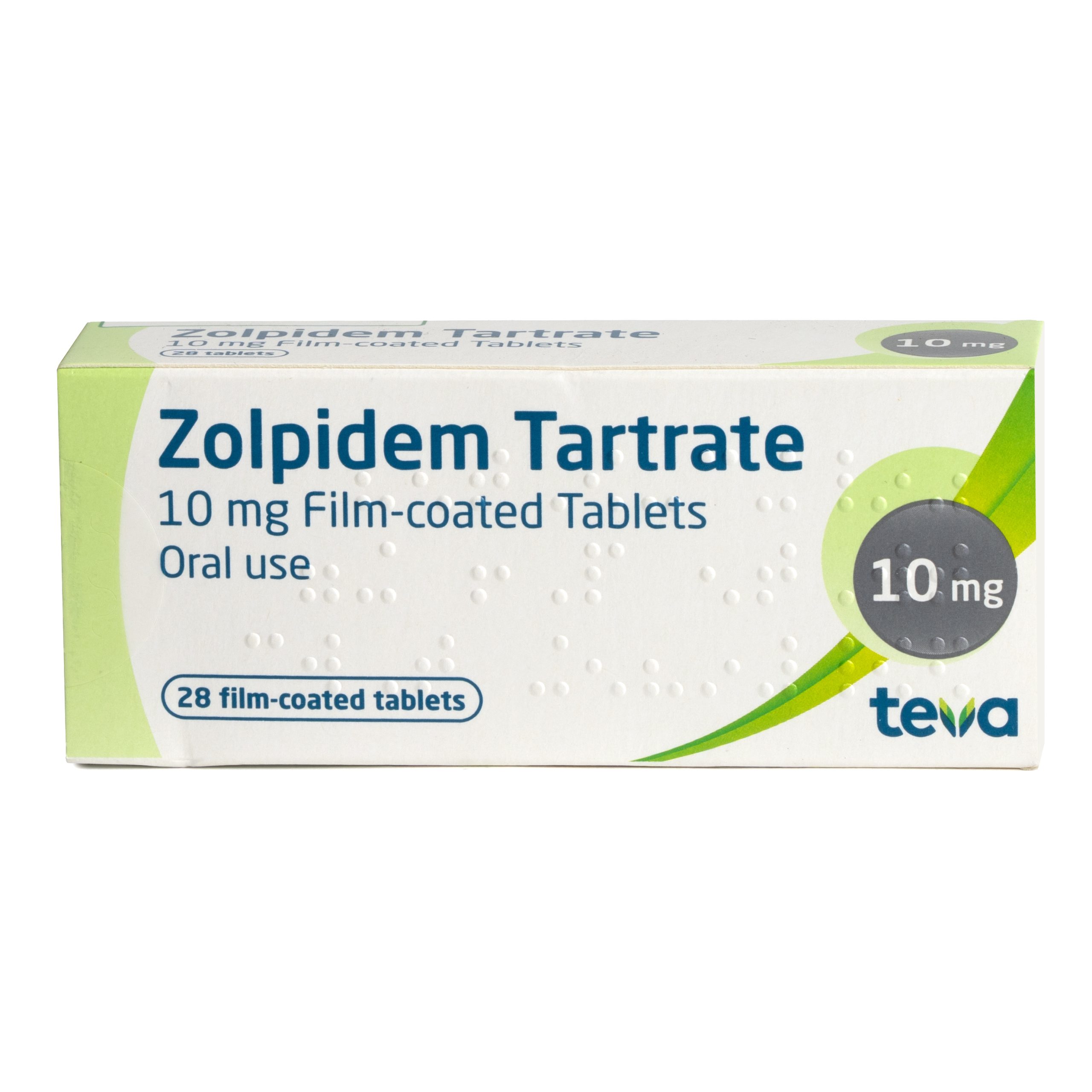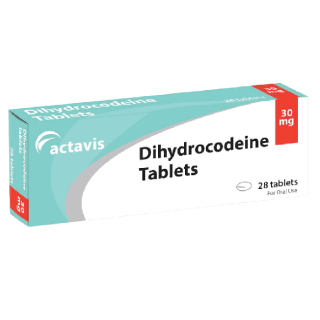Description
Uses, Dosage, Side Effects, and Precautions of Pregabalin Tablets
Pregabalin is a prescription medication that is frequently employed to treat generalised anxiety disorder (GAD), epilepsy, and neuropathic pain. Pregabalin Tablets, which are marketed under the brand name Lyrica, are a critical treatment option for patients whose conditions do not respond to conventional therapies. This article examines Pregabalin in detail, including its uses, benefits, adverse effects, precautions, and safe use guidelines.
What is Pregabalin?
Pregabalin is classified as an anticonvulsant or neuropathic pain agent. Pregabalin functions by inhibiting the overactive nerve signals that induce chronic pain, seizures, and anxiety, in contrast to conventional analgesics. It does not treat the underlying condition; however, it does alleviate symptoms and enhance quality of life.
While Pregabalin does not directly bind to GABA receptors, it is chemically related to gamma-aminobutyric acid (GABA), an inhibitory neurotransmitter in the central nervous system. Rather, it regulates calcium channels in nerve cells to reduce abnormal nerve discharge.
Pregabalin is employed for the following purposes:
Pregabalin Tablets are prescribed for a variety of medical conditions, with a primary focus on nerve-related disorders:
1. Neuropathic Pain
Neuropathic pain is the result of nerve damage caused by conditions such as diabetes, shingles (postherpetic neuralgia), or spinal cord injury. Pregabalin alleviates symptoms such as nerve excitability, which includes:
Sensations of burning
Numbness or tingling
Acute or piercing pain
2. Epilepsy
Pregabalin is employed as an adjunctive therapy for partial-onset seizures in adults. It stabilises the electrical activity in the brain, thereby reducing the frequency of seizures.
3. Generalised Anxiety Disorder (GAD)
Pregabalin may be prescribed for individuals with generalised anxiety disorder when other medications, such as SSRIs, are ineffective due to its anxiolytic properties.
4. Fibromyalgia
Patients with fibromyalgia exhibit pervasive musculoskeletal pain, fatigue, and sleep disturbances. Pregabalin has the potential to enhance sleep quality and mitigate pain.
Mechanism of Action
Pregabalin functions by binding to the alpha-2-delta subunit of voltage-gated calcium channels in the central nervous system. This action:
Reduces the influx of calcium into nerve cells
Prevents the release of excitatory neurotransmitters, including glutamate, norepinephrine, and substance P
Reduces abnormal nerve signalling, which is a contributing factor to anxiety, convulsions, and pain
The outcome is a reduction in nerve excitability, which aids in the management of symptoms without causing substantial sedation at therapeutic dosages.
Administration and Dosage
The dosage of Pregabalin Tablets is contingent upon the condition being treated, age, renal function, and response to therapy. It is available in a variety of strengths, such as 25 mg, 50 mg, 75 mg, 100 mg, 150 mg, 200 mg, 225 mg, and 300 mg tablets.
A physician’s prescription for Pregabalin should be followed precisely.
Tablets may be administered with or without sustenance.
Do not crush or digest the tablet; instead, swallow it whole with water.
Consistently adhere to a daily routine in order to attain stable blood sugar levels.
It should not be discontinued abruptly, as this may result in withdrawal symptoms such as anxiety, vertigo, headache, or insomnia.
Pregabalin Tablets: Potential Side Effects
Pregabalin, like all medications, may induce adverse effects. The majority are transient and moderate, but a few may be severe.
Common Side Effects
Symptoms of dizziness or lightheadedness
Fatigue or drowsiness
Lack of salivation
Oedema, or swelling in the limbs, feet, or ankles
Increased body weight
Seeing things obscured
Less prevalent side effects
Muscle tremors
Memory impairment or confusion
Enhanced metabolism
Having difficulty concentrating
Diarrhoea or constipation
Severe Adverse Effects (Seek Immediate Medical Attention)
Allergic reactions (e.g., rash, itching, and swelling of the face, tongue, and pharynx)
Muscle pain or paralysis that is severe
Eye pain or vision alterations
Mood swings or suicidal notions
Irregular heartbeat or chest distress
Precautions Before Utilising Pregabalin
1. Medical History
Please notify your physician if you have:
Kidney complications (possible dosage modifications)
Conditions of the heart
Suicidal ideation or melancholy history
Dependence on drugs or alcohol
2. Breastfeeding and Pregnancy
Pregabalin is not advised for use during pregnancy unless it is obviously required.
Pregabalin is excreted in breast milk, so it is advisable to refrain from breastfeeding while taking it.
3. Refrain from consuming alcohol
The risk of accidents can be increased by the increase in drowsiness and vertigo caused by alcohol.
4. Operating and Driving Machinery
Do not operate heavy apparatus or operate a vehicle until you have determined the impact of Pregabalin on your body.
Drug Interactions
Pregabalin’s efficacy or the severity of its adverse effects may be influenced by its interactions with other medications.
Common Interactions
Opioid painkillers: elevated risk of respiratory depression or sedation
Benzodiazepines – may increase lethargy
Dizziness or drowsiness may be exacerbated by antihistamines or sleep aids.
Please ensure that your physician is provided with a comprehensive list of medications and supplements before initiating Pregabalin treatment.
Information Regarding Overdose
If the prescribed dosage of Pregabalin is exceeded, the following may occur:
Severe drowsiness or vertigo
Spoken language that is distorted
Exceedingly rapid heart rate
Takeovers
In the event of an overdose, immediate medical attention is necessary. There is no specific antidote; treatment consists of monitoring vital signs and providing supportive care.
Symptoms of Withdrawal
The abrupt cessation of Pregabalin may result in withdrawal symptoms, such as:
Sleep deprivation
Vomiting and nausea
Migraine
Vomiting
Irritability or anxiety
To prevent withdrawal, physicians typically suggest that the dosage be progressively reduced over the course of a week or two.
Pregabalin Tablets Storage
Store at ambient temperature (20–25°C / 68–77°F).
Maintain a distance from intense sunlight, heat, and moisture.
Keep out of the reach of pets and children.
Avoid the use of expired tablets.
Frequently Asked Questions (FAQs)
Q1. Is it possible to consume Pregabalin for an extended period of time?
Yes, but it is essential to maintain regular medical supervision to monitor the effectiveness, kidney function, and side effects.
Q2. Is it possible for Pregabalin to induce addiction?
Pregabalin has a low potential for dependence; however, withdrawal symptoms may result from precipitous discontinuation or misuse.
Q3. Is it permissible to combine Pregabalin with other painkillers?
Certainly, but it is crucial to consult with your physician, particularly if you are taking analgesics, as the combined effects may elevate the risk of respiratory depression or sedation.
Q4. What is the duration of Pregabalin’s action?
Neuropathic pain: it may require 1–2 weeks to experience perceptible relief.
Anxiety: the effects may manifest within one week.
Seizures: the effects may be observed within a few days to weeks.
Strategies for Optimising Pregabalin’s Advantages
Adhere to the prescribed dosage and schedule without exception.
Refrain from consuming alcohol and sedatives unless they have been authorised by a physician.
In order to enhance overall results, it is essential to maintain a healthy lifestyle that includes a balanced diet and regular exercise.
Maintain a symptom diary to monitor seizure activity, anxiety, or discomfort.
Consistent monitoring of mental health, weight, and kidney function.
In conclusion,
Pregabalin Tablets are a medication that is suitable for the treatment of neuropathic pain, epilepsy, fibromyalgia, and generalised anxiety disorder. Pregabalin alleviates symptoms that frequently have a substantial impact on daily life by regulating nerve activity. Although generally well-tolerated and safe, optimal results necessitate meticulous monitoring of dosage, interactions, and adverse effects. Pregabalin has the potential to substantially enhance the quality of life for patients with chronic nerve-related conditions when administered under the supervision of a healthcare professional.






